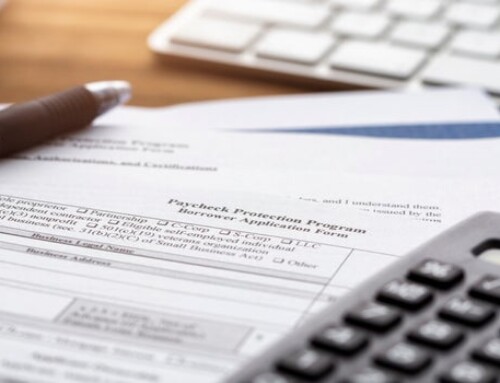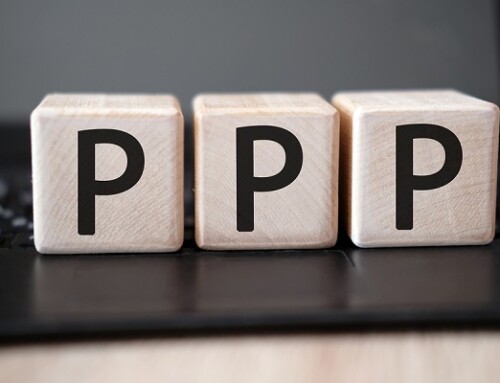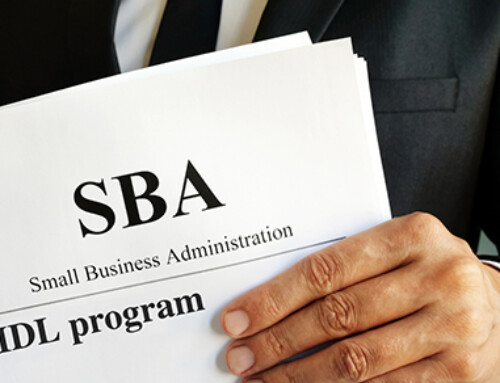We have worked with many entrepreneurs like you over the years. We find that the majority of our clients strive to run their business like a well oiled machine. We also know that they want to legally minimize their tax burden while reducing any exposure to an IRS audit. What follows are several tax tips that could save you from a burdensome tax bill, hefty penalties or forfeiting money that legally belongs to you.
- Pay the correct amount of estimated taxes:
Make it a habit to put away money throughout the year for taxes – about 25% of your earnings, in its own account. Then, on a quarterly basis, send that money to the respective agencies. Solopreneurs and independent contractors, pay special attention to this one. - Stay ahead of retirement account contributions:
There are various pension plans that have different limits to contributions. Be sure to stay on top of net income tallies to avoid making excess contributions, which could subject you to an excess contribution penalty in addition to the amounts not being deductible. If the excess contribution is not removed, you could be penalized for it every year until the amount is withdrawn. Consult with us to ensure you are maxing out on contributions as well. - Document what you pay to independent contractors:
If you outsource tasks to contractors, you are required to file Form 1099-MISC when payments of $600 or more have been made to the contractor. Without proof of payment, these amounts are unlikely to be allowed in an audit.” Additionally, if the required 1099-MISC forms are not issued, you could be subject to a penalty. - Classify workers properly:
Classifying an employee as 1099 can have advantages to you as the business owner, but if they are an actual employee with set hours, they should be classified as a W-2 employee. Failure to classify workers correctly can leave your business liable for past taxes and penalties. - Keep good records:
The IRS frowns on sloppy record-keeping. They could disallow some deductions and credits or rule that your business isn’t really a business . The most common form of poor record-keeping is failing to keep business and personal expenses separate. Your business should have its own bank account.





